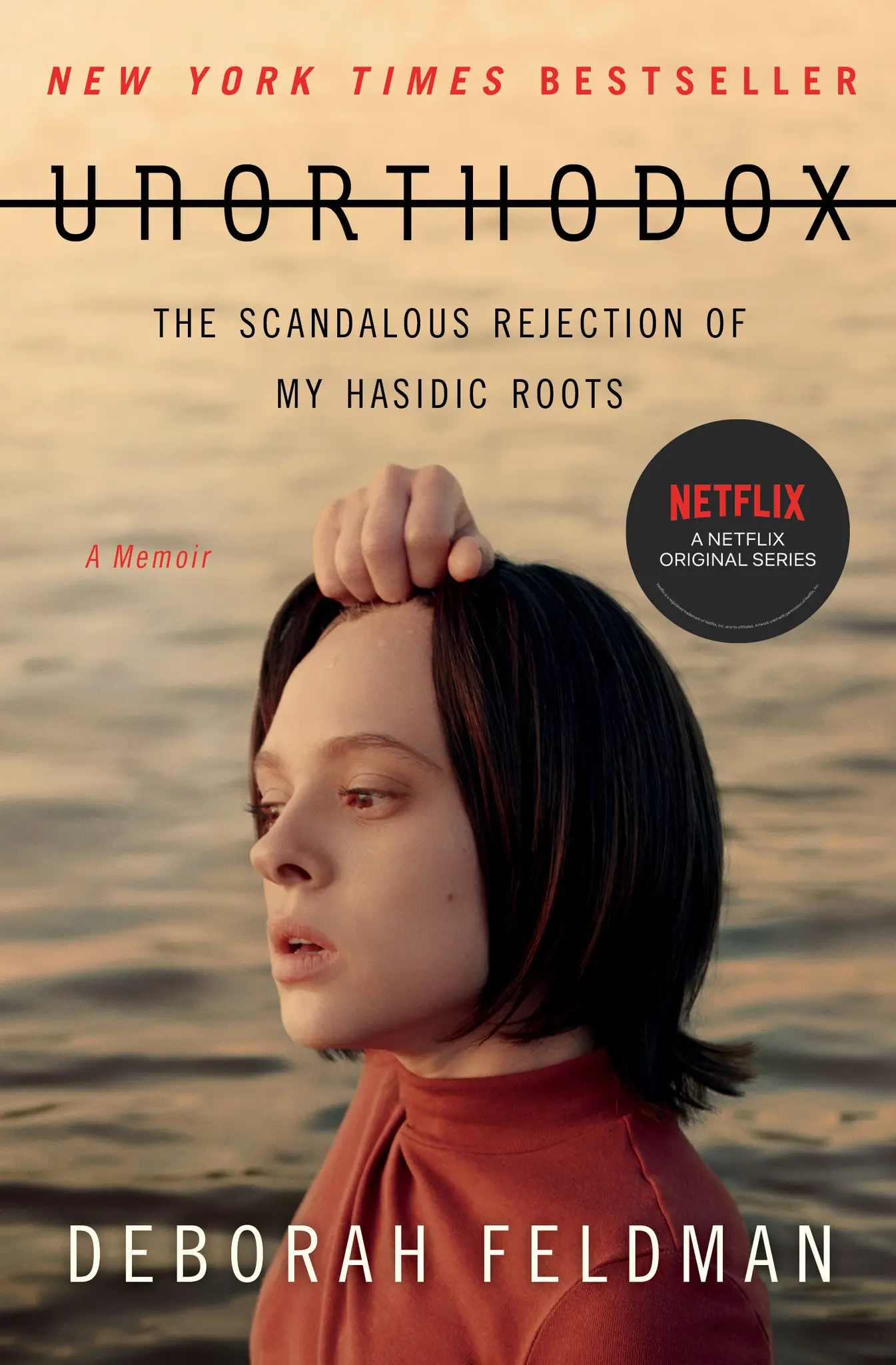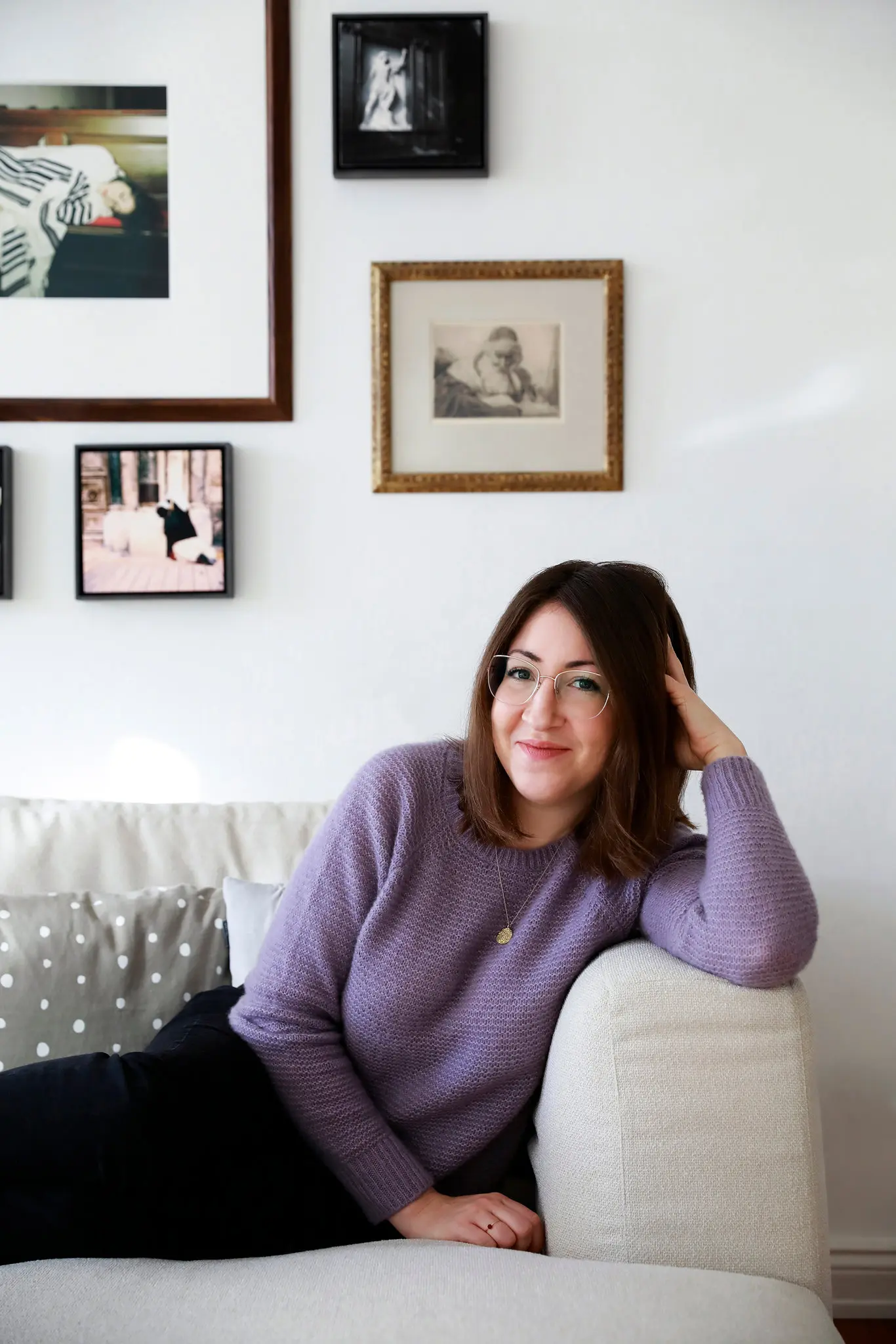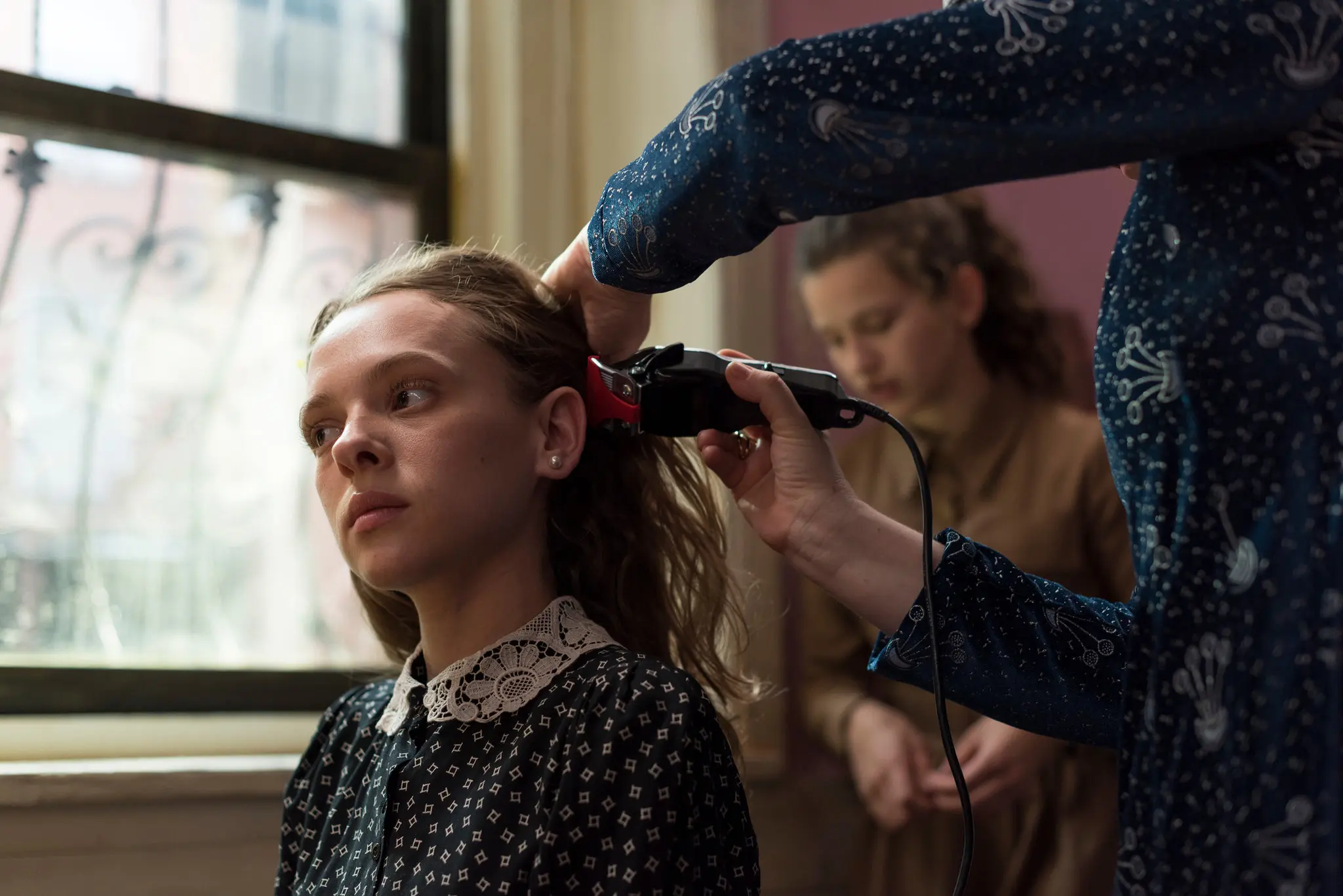Unorthodox Review
I had a chance to spend a considerable amount of time with the writer of Unorthodox, Deborah Feldman, while I was in Berlin. The following is an interview about her take on the new Netflix show inspired by her memoir and a frank conversation around her life in the community she left behind.
The writer Deborah Feldman’s pantry was already stocked for the apocalypse. That’s how her Hasidic Holocaust survivor grandparents raised her. They “believed in the end of the world, had seen the end of the world and always prepared me to live through the end of the world,” she said by telephone from her Berlin apartment. The day before, Chancellor Angela Merkel told Germans to self-isolate in hopes of slowing the spread of coronavirus. And while many were out panic shopping, she hadn’t been to the market once.
“I feel like I’ve been waiting my whole life for corona,” she said.
Anyone who’s read Feldman’s best-selling 2012 memoir, “Unorthodox” — now the basis of a four-part Netflix series, which debuted last week — is likely to understand. The book is a stirring account of her struggles with and ultimate rejection of her Satmar community in Williamsburg, Brooklyn — an insular society of ultra-Orthodox Jews that rose in New York from the ashes of World War II. Culturally conservative and religiously strict, its members believe that their piety and refusal to assimilate will shield them from a repeat cataclysm.

The new Netflix series, also called “Unorthodox,” was created by Anna Winger (“Deutschland 83” and “Deutschland 86”) and Alexa Karolinski (“Oma and Bella”). In their version, much of which is in Feldman’s native Yiddish, we see a young woman, Esther Shapiro (Shira Haas), flee an arranged marriage that sours as she struggles to consummate the relationship and produce a baby. Esty heads to Berlin with little more than a passport and some cash, and she makes fast friends with a cohort of student musicians from around the world.
Back in Brooklyn, Esty’s family erupts in disbelief when they hear she is in Germany, of all places. They enact a plan to send her husband (Amit Rahav) and his mercurial cousin (Jeff Wilbusch) to track her down and force her return.
Feldman talked about seeing her story come to life and what it’s like to envy your on-screen counterpart. These are edited excerpts from conversations in Berlin and by phone.

The TV series is not an exact portrayal of your life, but it still hews to the original plot lines of the book, namely during the Brooklyn flashbacks. Given how personal the story is, was it unnerving for you to see it onscreen?
The last two episodes were very hard for me. I thought I was prepared. I had experienced, written and talked about it for years, but these were other people — not me — interpreting it, putting it into images, playing the parts, and cutting the scenes. For the first time, I was able to see how others would interpret, or receive, the experience, based on the images fed back to me. It’s kind of like if you talked to a therapist for years, and at the end of it all, she presented a book with all your experiences. You’d read them and struggle to recognize them because they’ve been given back to you from a foreign perspective.
You had no formal role in the making of the TV show, but were you tapped for your insights?
We had a lot of discussions about when can you sacrifice accuracy and when not. We agreed you can sacrifice accuracy as long as it doesn’t impact the narrative. And so we could not get real shtreimels [a fur hat worn by many Satmar men] because the real ones are made of mink; they’re expensive, shops wouldn’t have sold it to us, and we just didn’t have the budget. I was constantly in touch with the costume designer to make fake ones that look real.
Making them look real was really hard, and at some point we thought, they’re never going to look 100 percent like the real thing. But the only people who are going to know that are going to be Hasidic Jews. And guess what? It doesn’t change the story if the shtreimels are fake.
What were you homing in on while watching the TV adaptation?
I was concerned about the dignity of Esty, which is also one of the things I was concerned about when writing “Unorthodox”; how do you write about the things that are most shameful and painful in a way that retains dignity? I was worried how Shira would manage to juggle the experience of humiliation and the kind of shattering of all hope while still maintaining some sense of dignity as a woman and human being. I was so scared for her the whole time as I watched the episodes. I felt really anxious because I knew that if she failed, then it would be like I had failed, like I would not have dignity anymore in my story. It’s scary to give someone your story for the screen because you can’t control it. On the other hand, I knew I didn’t want a part in controlling it.
In Episode 4, during the Passover scene, the grandfather leads the prayers and tells the story of Exodus. No women participate. Yet, if you look at the actions that move “Unorthodox” forward, almost all are taken by the female characters.
Men tell the story and women make the story real. Women make the story happen. You have the table where the man dictates prayer, belief and narrative, but if you look at the story of Esty, it’s women who are making the decisions. It’s the women she’s interacting with, who are basically the driving force behind community life, the engine behind the story. If you watch the series with this in mind, you realize that the men are actually kind of passive figures carried along by the story. They play the roles in how it’s been told, but it’s the women who make the story go on.

And do you feel that’s how things are in the Williamsburg community where you were raised?
I remember being surprised when I went to Sarah Lawrence, and I took a class on feminist philosophy in which everybody told me, “You left the patriarchy!” I was like: “Well, if I left the patriarchy, where were all the men in this patriarchy? Why were they always bent over books while the people who oppressed me were women? Why was it that the people who hurt me the most were my aunt, mother-in-law, female teachers, the female mikvah attendant, the female Kallah teacher and the female sex therapist? Why was it always the women that I felt hurt and betrayed by?” I had so little interaction with men, and the little I had made me see men as very passive and stuck.
When I married my husband, I just remember being so impressed — in a bad way — by the fact that he was completely in the grips of his mother. It took him a very long time to free himself from that.
How do you thread the needle and tell a story like this one without vilifying an entire culture?
In German they have this great saying, “alle über einen Kamm scheren,” which is a way of saying “generalizing about everyone through the prism of one experience.” I think Anna and Alexa were even more concerned and sensitive than I was about this. I’m coming from this world. All I can really tell is my own story and perspective. I’m almost disadvantaged because I have this extremely subjective perspective. But Anna and Alexa have this incredible advantage of not coming from there.
And what about you?
For me, it was more a question of, “Oh my God, how am I ever going to tell my story in a way that people will believe and understand me, and it will reach them.” Whereas Anna and Alexa were like, “How are we going to make the story come across in all of its unique specificity without somehow telling a story about an entire community or tradition?” I think that the solution to this problem is zooming in and staying zoomed in. When you’re watching the series, you don’t really meet anyone far beyond Esty’s family. The community is there in the background, but it never confronts you. You have a rabbi, but you don’t see her in school. You don’t see anyone in the synagogue. It’s not about explaining the world in which the story takes place. It’s just about the story itself.
Was there a particular scene that stood out as your favorite?
The scene when Esty explodes in the bedroom with her husband, because it’s the most powerful. She finally says everything that has been going on in her head. She finally lets loose: It’s like a volcano. To me, the series climaxes in this moment. I also felt jealous because I never had a moment like that — I had many small moments where I tried to express myself, and I tried to speak up for myself, but I love how she just lets it all out. It really touched me, and it made me wish I had been the same way. It made me admire her. I hope that other people will see that scene and want to be like her, too.